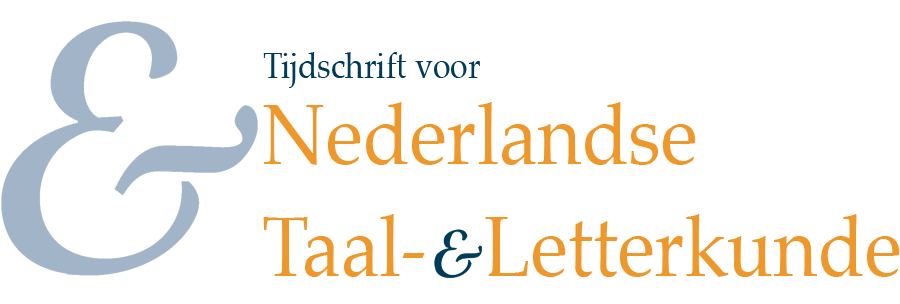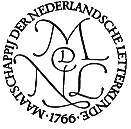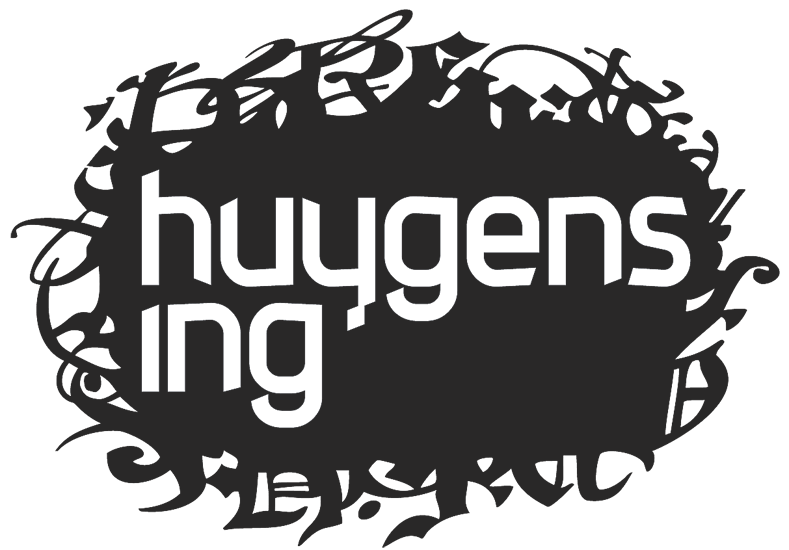De affectieve dominant. Een ideologiekritische lezing van recent Nederlandstalig proza
Samenvatting
Contemporary developments in Dutch fiction have so far primarily been interpreted as an attempt to move beyond postmodernism towards a renewed sense of realism and communication. This article suggests an alternative conceptualization and puts forward the hypothesis that contemporary Dutch fiction marks a shift towards an affective dominant. In Postmodernist Fiction (1987) Brian McHale defines the dominant as a structure that brings order and hierarchy in a diversity of techniques and motifs in a literary text. Whereas in modernism the dominant is epistemological and in postmodernism it is ontological, in contem- porary literature we contend this dominant is affective. The prevailing questions are ‘how can I feel reality (myself, the other, the past, the present, etc.)?’; ‘how can I feel to belong to reality?’; ‘how can I feel reality to be real?’. This affective dominant manifests itself in motifs such as desire, attachment, fantasy and identification. Formal and narrative devices that in modernist or postmodernist fiction contributed to an epistemological or ontological dominant, tend to foreground questions of affectivity in contemporary fiction. Through the analysis of novels by David Nolens, Joost de Vries, Niña Weijers and Nina Polak this article substantiates this hypothesis. This approach allows us to study contemporary Dutch fiction both diachronically, in relation to postmodernism, and synchronically, in relation to its social and ideological context.
Terugverwijzingen
- Er zijn momenteel geen terugverwijzingen.



